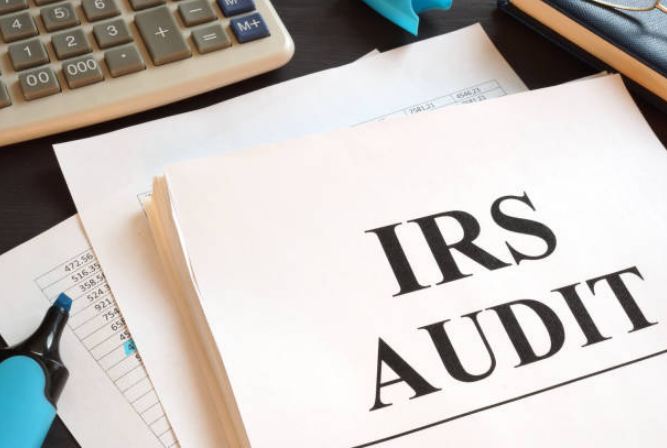Other than a traffic ticket, the most common fear in America is the dreaded IRS tax audit. It brings to mind the threat of harassment, penalties or even jail time.
Do not fear though, only 2% of all tax returns are ever audited at all. And what if the IRS audits you? Keep your cool and relax because an audit is simply the IRS’s way of requesting more information about your tax return. It is not an accusation of any wrongdoing.
Even though a small percentage of taxpayers are audited each year, it is estimated that every one of us will be audited at some point in our lives.
This is because the IRS uses random audits along with categorically targeted audits to achieve compliance with the tax laws.
You should always be prepared for an audit by the IRS. You must be able to produce the supporting documents that prove your deduction was legitimate. This is done by good record keeping.
Make sure that you have on file somewhere the original documents that support your claim. And never take any deductions on your tax form that you know are incorrect or you aren’t sure about when in doubt talk to a tax professional.
Here are two ways to minimize your chance of being audited by the IRS:
1. You will decrease the chances of being audited if you sign your own return. The only exception to this is if you are a high paid professional such as a doctor, lawyer, or accountant.
It seems that the IRS is wary of people who make a lot of money preparing and signing their own returns.
2. If you file your tax return after April 1, you are less likely to receive a categorical random audit by the IRS.
This is because the IRS computers select a certain number of returns at random for categorical audits until the programmed quota is met.
Then the IRS computer stops requesting random audits for that category. This strategy will decrease the odds of an audit substantially.
Some people are called into an audit anyway. It is important that you relax and remember that the IRS wants to confirm the accuracy and completeness of your filed return.
You are not being accused of anything. They just are requesting more information.
In the event of an audit, you have the right to:
1. Take your tax preparer with you to help clarify your position. This helps because the tax preparer speaks the auditor’s language.
2. You can request a more convenient time for the meeting with the IRS. The law stipulates that the time of the audit meeting must be convenient for both parties.
3. If you are not satisfied with the auditor’s determination, you can and should appeal to an IRS supervisor. The supervisor is trained in public relations and can help resolve the issue in your favor many times.
Above all don’t make the audit more than it really is. It is a normal function of the IRS’s business. Remember that the best defense against an audit is to avoid one in the first place.
If you keep your records in good order, you should have nothing to worry about even if an audit is requested.

